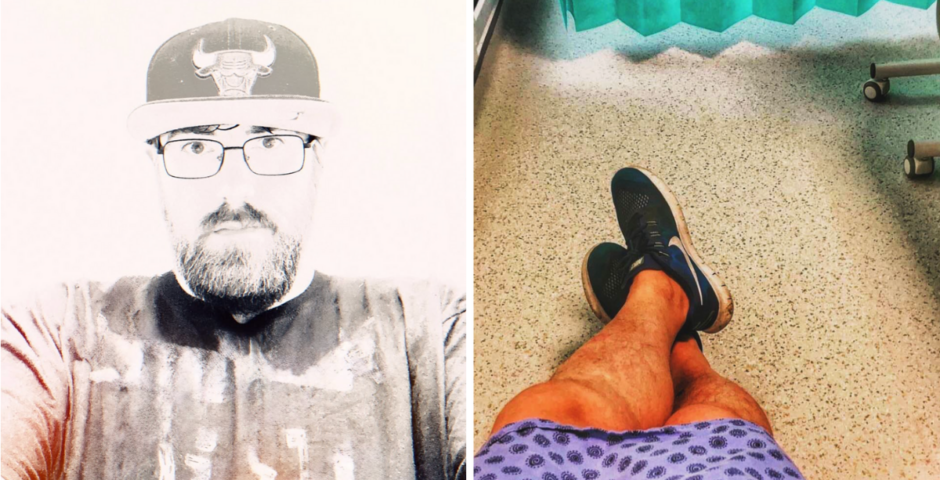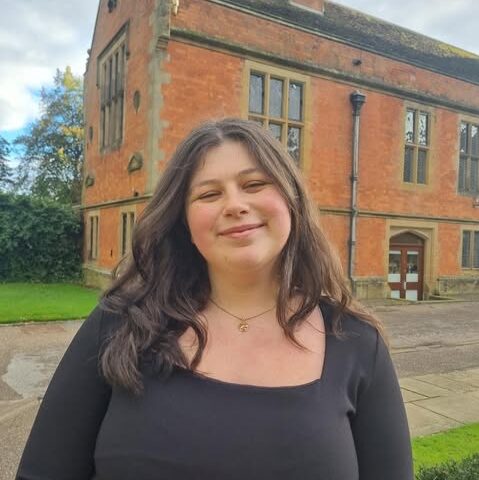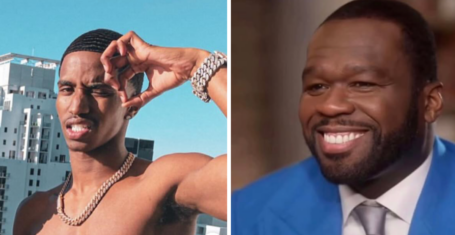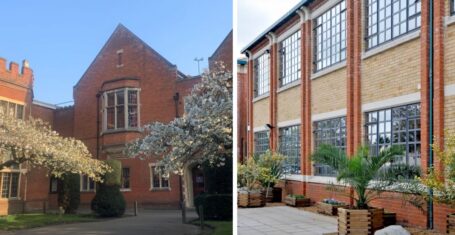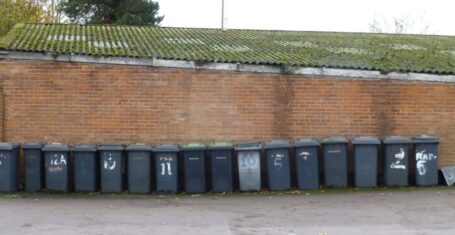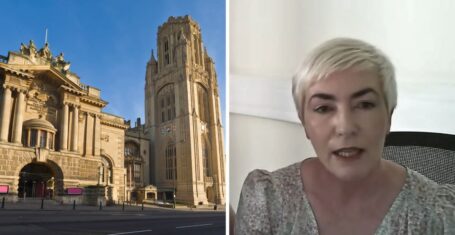
‘Who’s out danite?’: Northern Irish students on accent discrimination at Edinburgh Uni
Because Danielle Walsh is our queen and deserves recognition on campus
It’s become somewhat a running joke among us Edi Students that overhearing a Scottish accent while strolling through George Square is like finding a needle in a haystack. It’s fair to say that the overwhelming majority of the student body here seems to be Southern English, with accents to match. This immense imbalance does, however, create a certain dichotomy between and hierarchy of accents on campus. Indeed, as Northern Irish students, The Tab’s report that 56% of Northern students in the UK felt their accent was mocked or criticised is in some ways expected. It did, however, get us thinking – what are some personal experiences of accent discrimination on campus, and why is it so commonplace at a university that emphasises so-called tolerance?
Testifying to the Northern Irish experience, we would argue that our accent is at the bottom of the barrel of accepted UK vernaculars. Typically, when one thinks of Northern accents subject to ridicule, Geordies or Scousers might come to mind – overshadowing the experiences of us Northern Irish students. In fact, it’s fair to say that the NI dialect is most likely the least common on campus, explaining why it’s usually overlooked in the conversation of accent discrimination.

Most Read
However, this doesn’t mean that it’s not a reality for NI students. One student admitted, “my accent has been mocked, ridiculed and not taken seriously when talking with other students on campus,” and that “although it’s not done maliciously, it’s easy to feel a little bit ostracized.” In fact, the most upsetting discovery upon speaking to a small sample of NI students for this article was that one fourth-year student felt their accent prevented them from “speaking or being respected within an academic setting”.
Unfortunately, this experience mirrors many other Northern Irish students within academic spaces. Through interviews, we found out that many attested to changing or modifying their vocal tone and pitch to be understood and perceived as sincere – us included. Personally, our accents have been mocked, and we have both been told that the way we speak is “jarring.” We constantly get asked to repeat ourselves or to talk slower in class so that others can understand. As well as this, there are many regular English words that we say that many can’t understand or even try to; ‘mirror,’ ‘shower,’ ‘flower’ and ‘power’ to name a few.
What is this flour craic all about you mad edjits?
— Nadine Coyle (@NadineCoyleNow) June 20, 2018
But why is this the case? Of course, our politicians don’t help, perpetuating the stereotypes that people from the North are uneducated or inarticulate. But, with the rise of Northern representation through media, Derry Girls, for example, it’s shocking to believe regular NI citizens are still defined by their political environment, a circumstance which we can’t help nor ask for. Certainly, there is no denying these are minor occurrences compared to the discrimination or racism many other minority students feel; however, it’s hard not to take it personally or seriously when your academics or social life are impacted.

Although, of course, there is no simple solution, there are some things that can alleviate or prevent this sort of accent discrimination:
-
Trying not to appear shocked or confused when hearing an NI accent on campus – we’re here and have earned our place to be.
-
Don’t try and debate our identities – it’s not worth it, and you’ll always lose. Accept at face value if someone identifies as ‘Northern Irish,’ ‘Irish,’ or ‘British.’
-
Making sure your Northern friend is included in all conversations, academic or otherwise. It’s nice to be taken seriously and may make the person’s day.
Related stories recommended by this writer:
• Only least privileged students accepted to study law at Edinburgh University
• Edinburgh University staff to strike for 18 days between February and March
• Edinburgh’s Principal Peter Mathieson to receive knighthood for ‘services to higher education’




